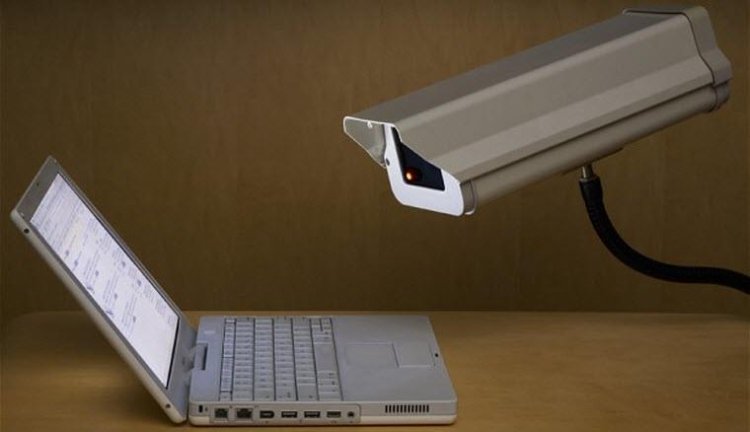Employers have an established right to monitor employees online. The current US laws say that it is legal to monitor employee computer and Internet usage, yet the questions of ethics and privacy arise.
There are several reasons employers feel forced to monitor employees online:
- exclude the leaking of sensitive or important information;
- assure the compliance of company policies;
- secure data in case of lawsuits;
- make sure that the workplace is free from harassment;
- define and increase employee productivity.
Usually the productivity issue concerns employers the most. The enormity of potential productivity losses is approximately one million dollars annually for a company with 500 unmonitored employees surfing the web for just 30 min a day.
However, employee monitoring has some hidden pitfalls. You might make your employees feel like the Big Brother is watching them. You might also inadvertently learn about someone's religion, sexual orientation, political views and medical problems and thus invade employee privacy.
That's why ethical aspects of employee monitoring are an issue. But managers should consider a strong difference between surveillance and monitoring. It isn't controversial or obtrusive to monitor activities on company computers to ensure the proper use and protect company assets. But surveillance, defined as tracking an individual's activities, has “a creepy factor” and can cause pushback from employees.
Here are three ways to monitor employees online fairly and effectively:
1. Have a written policy
Because every workplace nowadays is incomplete without a computer and the Internet, you have to create a corporate policy on Internet and computer usage. Make rights and responsibilities clear to everybody.
The policy should include rules for acceptable use of email, social networks, blogging etc., as well as for downloading software and apps.
Also make it clear about how to you're going to monitor, secure and destroy the data.
2. Inform your workforce
It is important to explain why you decided to monitor employees online. You will not get a strong pushback from employees if you say: “Hey! We want to monitor computer and Internet usage not because we're nosy or want to know everything about your personal life. We are monitoring because we are obligated to maintain a compliant workplace”. Encourage employees to keep private communications to home computers and personal smartphones.
Simply letting people know you're watching can have an important deterrent effect.
3. Benefit the technology tools
The market abounds with tracking solutions. The best of them don't invade the privacy of employees. They collect only the information necessary to protect the company and employees, and increase employee productivity.
You can also use applications to block or filter some websites. Define the websites that have no relation to employee duties and block them. You can then eliminate the distribution of inappropriate content and create a harassment-free workplace.

